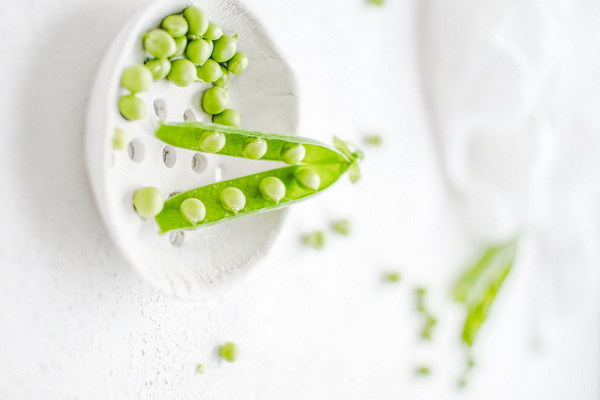Walnuts vs. Chestnuts Which is Better for Kidney Health
In the realm of traditional medicine and modern nutrition, the debate over which nut is better for kidney health, walnuts or chestnuts, has been a topic of interest for many. Both nuts are rich in nutrients and are often celebrated for their health benefits. However, when it comes to kidney support, they may offer different advantages. Let's delve into the details to determine which one might be the superior choice.
Nutritional Profile:
To begin with, let's take a look at the nutritional profiles of both walnuts and chestnuts.
Walnuts:
- High in omega-3 fatty acids, which are essential for heart health and may have anti-inflammatory properties.
- Contain antioxidants such as ellagic acid and vitamin E, which can help combat oxidative stress.
- Rich in protein and fiber, making them a good choice for satiety and weight management.
- Contains nutrients like magnesium and selenium, which are important for overall health.
Chestnuts:
- Low in fat and calories, making them a suitable option for those watching their weight.
- High in carbohydrates, which can provide a quick source of energy.
- Rich in fiber, which can aid in digestion and help regulate blood sugar levels.
- Contains potassium, which is essential for maintaining proper heart and kidney function.
Kidney Health:

Now, let's discuss how these nutrients might affect kidney health.
Walnuts:
The omega-3 fatty acids found in walnuts have been shown to reduce inflammation throughout the body, which is particularly beneficial for those with kidney diseases such as chronic kidney disease (CKD). Additionally, the antioxidants in walnuts can help protect kidney cells from damage caused by oxidative stress.
Chestnuts:
While chestnuts do not contain the high levels of omega-3 fatty acids or antioxidants found in walnuts, they offer their own unique benefits. The potassium in chestnuts is crucial for maintaining fluid balance and kidney function. Potassium helps regulate blood pressure and can prevent the buildup of harmful substances in the kidneys.
Which is Better for Kidney Health?
So, which nut is the clear winner in terms of kidney health? The answer isn't straightforward, as both walnuts and chestnuts offer valuable nutrients that can support kidney function.
If inflammation is a concern, walnuts might be the better choice due to their high omega-3 content and antioxidants. On the other hand, if you're looking for a nut that can help maintain fluid balance and prevent the buildup of harmful substances, chestnuts could be the more suitable option due to their potassium content.
Conclusion:
In conclusion, both walnuts and chestnuts have their own benefits for kidney health. While walnuts may be preferable if inflammation is a concern, chestnuts can be beneficial for maintaining kidney function through their potassium content. It's important to note that the best choice for kidney health may vary depending on individual circumstances and dietary needs. Incorporating both nuts into a balanced diet, as part of a kidney-friendly eating plan, can be a wise decision for overall health and well-being. Always consult with a healthcare professional before making significant changes to your diet, especially if you have a pre-existing kidney condition.









